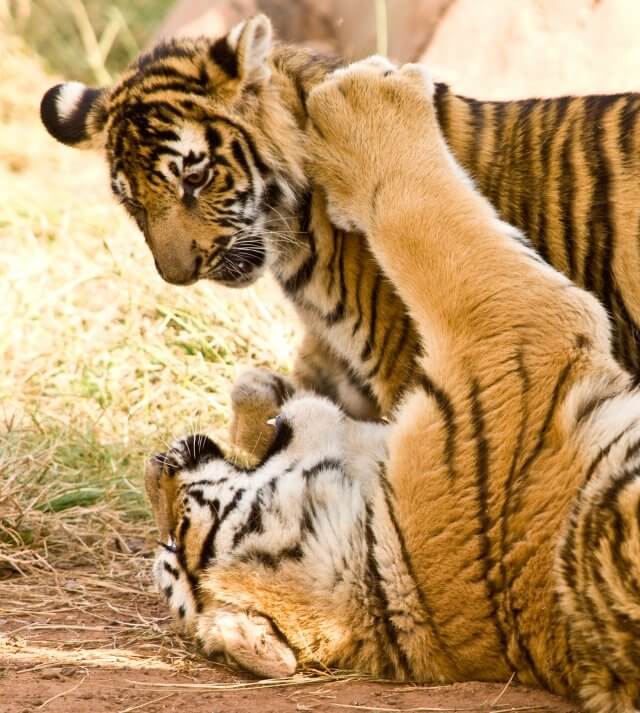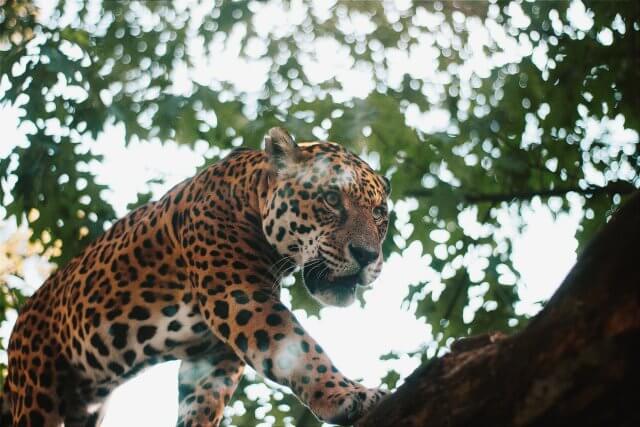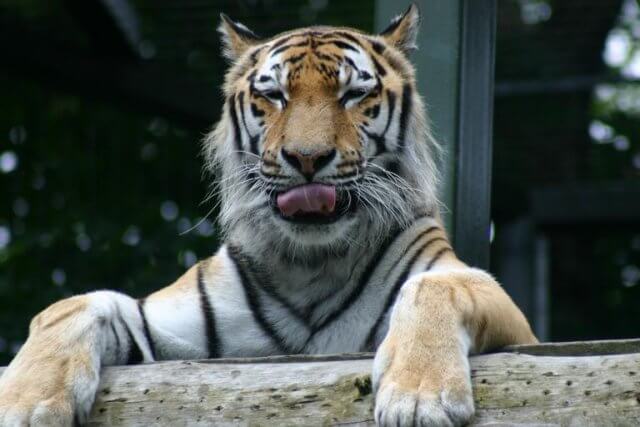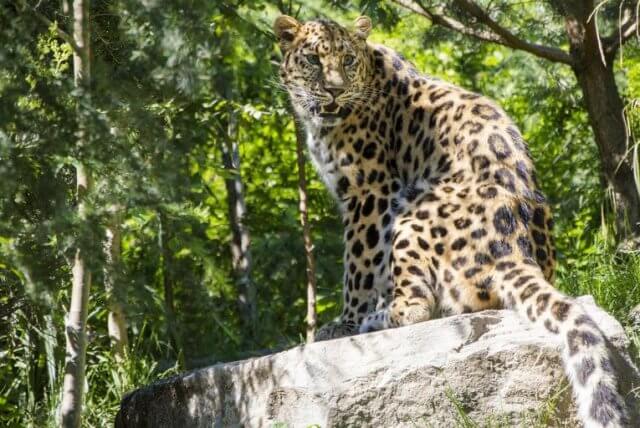10 Reasons Why Tiger Cubs, Incredibly Playful
10 Reasons Why Tiger Cubs are Incredibly Playful
Tiger cubs are known for their playful nature, captivating the hearts of people around the world. Their adorable antics and energetic behavior make them a delight to watch. But what makes these cubs so playful? Let’s explore ten reasons behind their incredible playfulness.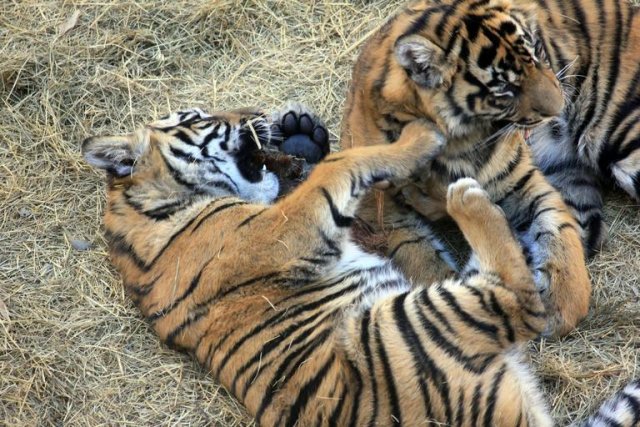
1. Developmental Stimulation
Play is an essential part of a tiger cub’s development. Through play, they learn vital skills like hunting, stalking, and pouncing. It helps them develop their muscles, coordination, and agility, preparing them for adulthood.
2. Social Bonding
Play also serves as a way for tiger cubs to bond with their siblings and parents. It strengthens their social connections and teaches them important social skills, such as communication and cooperation.
3. Exploration and Curiosity
Naturally curious creatures. Play allows them to explore their surroundings, learn about their environment, and satisfy their curiosity. It helps them become more adaptable and better equipped to handle new situations in the future.
4. Energy Release
Like any young animal, tiger cubs have an abundance of energy. Play provides an outlet for them to release this energy in a safe and controlled manner. It helps prevent boredom and frustration, promoting their overall well-being.
5. Mental Stimulation
Play engages a tiger cub’s mind, stimulating their cognitive abilities. It challenges them to think, problem-solve, and make decisions. This mental stimulation is crucial for their intellectual development.
6. Practice for Adult Life
Play serves as practice for the skills tiger cubs will need as adults. It allows them to refine their hunting techniques, improve their coordination, and develop their physical strength. Through play, they gain the necessary experience to survive in the wild.
7. Stress Relief
Just like humans, tiger cubs experience stress. Play helps them relieve stress and anxiety, promoting their emotional well-being. It allows them to let go of any tension and enjoy the present moment.
8. Bonding with Caretakers
Tiger cubs raised in captivity often form strong bonds with their caretakers. Playtime provides an opportunity for them to interact and build trust with humans. This bond is crucial for their overall care and well-being.
9. Natural Instincts
Playfulness is an innate behavior in tiger cubs. It is a reflection of their natural instincts and serves as a way for them to practice and develop their innate skills.
10. Joy and Happiness
Above all, tiger cubs play because it brings them joy and happiness. Their playful nature is infectious, bringing smiles to the faces of those who witness their antics.
Summary
Tiger cubs are incredibly playful for various reasons. Play helps them develop essential skills, bond with their family, explore their surroundings, release energy, stimulate their minds, and prepare for adulthood. It also provides stress relief, strengthens their bond with caretakers, and allows them to express their natural instincts. Ultimately, their playfulness brings them joy and happiness, captivating the hearts of people worldwide.
Discover the Fascinating World of Tigers and Other Animals at the World Animal Foundation


